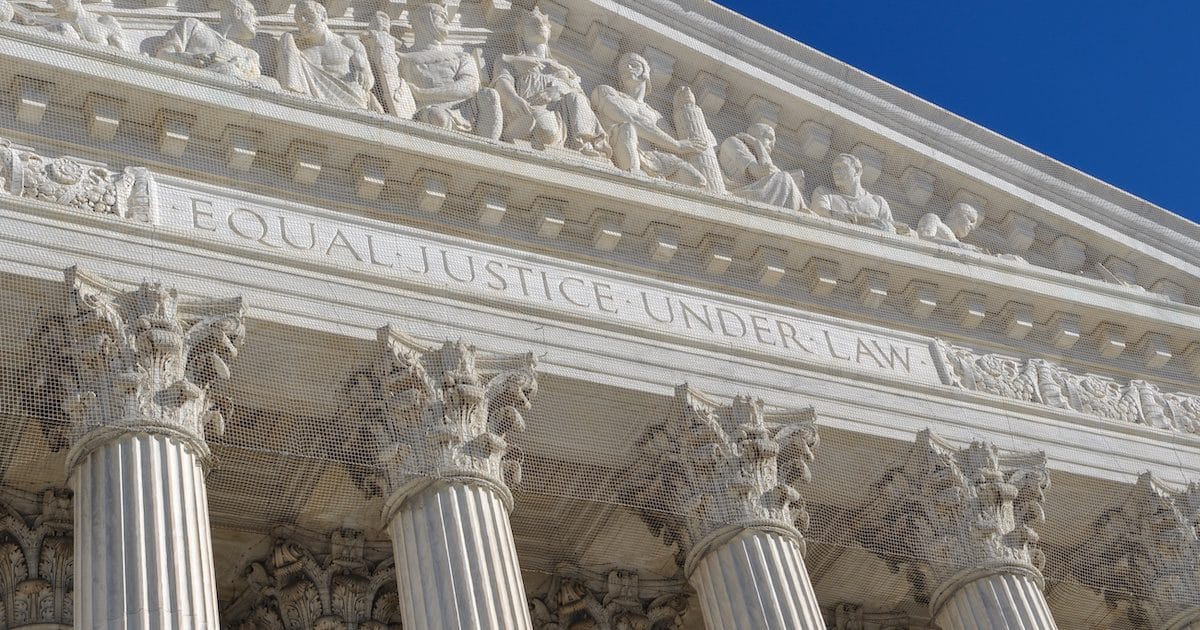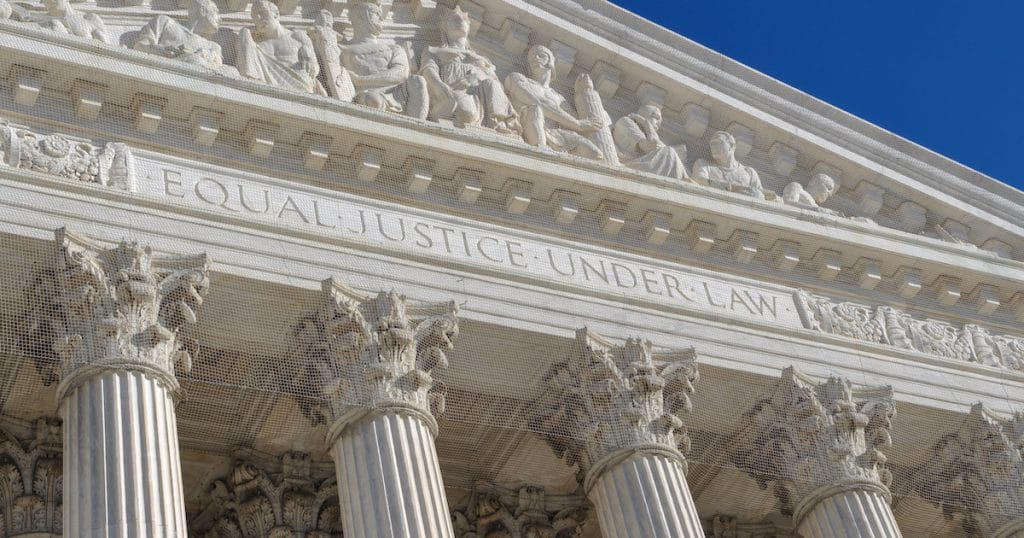
Chief Justice Roberts, Majority Opinion, Leave Gerrymandering to States, Congress

The U.S. Supreme Court ruled 5-4 that federal courts will have no role in reviewing partisan gerrymandering claims.
Chief Justice John Roberts was joined by the conservative justices, while Justice Elena Kagan dissented, joined by Ruth Ginsburg, Stephen Breyer, and and Sonia Sotomayor.
The court holds that none of the proposed “tests” for evaluating partisan gerrymandering claims meets the need for a limited and precise standard that is judicially discernible and manageable — e.g., there’s not a good test to use to decide them.
“No one can accuse this Court of having a crabbed view of the reach of its competence,” Chief Justice Roberts wrote for the majority. “But we have no commission to allocate political power and influence in the absence of a constitutional directive or legal standards to guide us in the exercise of such authority.”
Meanwhile, Justice Kagan dissented with “respect but deep sadness”.
“I think it important to underscore that fact: The majority disputes none of what I have said (or will say) about how gerrymanders undermine democracy,” she wrote. “Indeed, the majority concedes (really, how could it not?) that gerrymandering is ‘incompatible with democratic principles.'”
Chief Justice Roberts held the states can pass laws to deal with partisan gerrymandering, and so can Congress.
The High Court’s majority ruling sends both the Maryland and North Carolina cases back to the lower courts with instructions to dismiss review for lack of jurisdiction.







